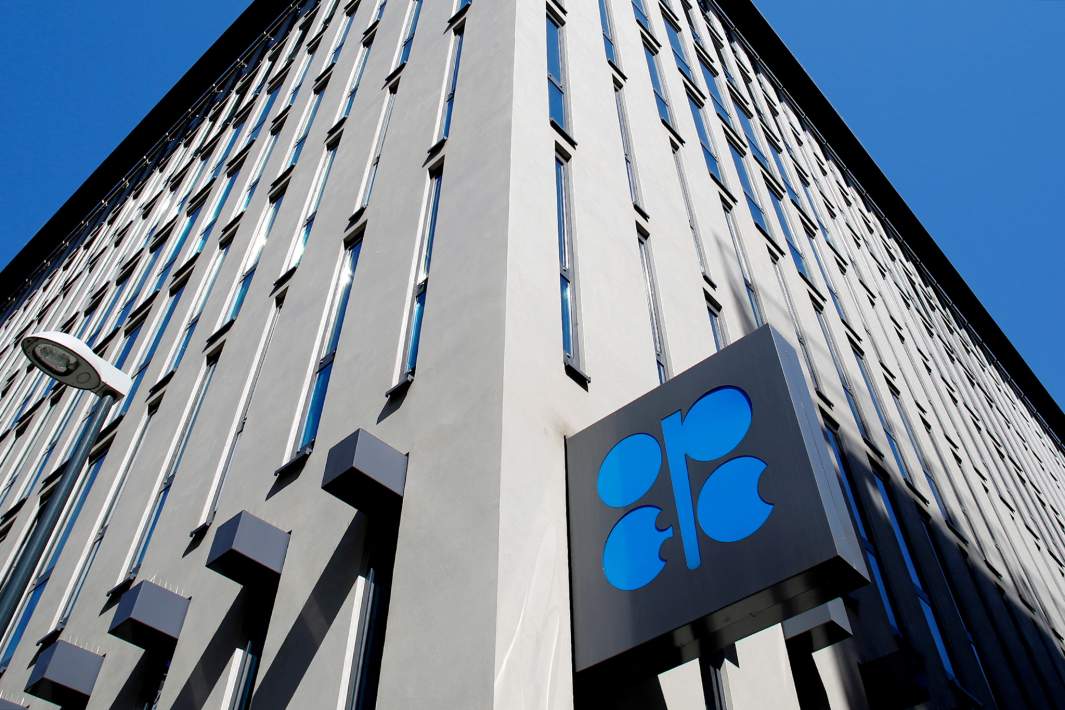
Putin supported restrictions on oil production within OPEC+
By Rhod Mackenzie
Cooperation with OPEC+ will help secure revenues for the Russian budget and maintain oil prices. This was announced by Russian President Vladimir Putin on 12 March at a meeting with the winners of the "Leaders of Russia" management competition.
"OPEC+ is really helping us to maintain oil prices and ensure budget revenues, but still our production is declining," the president said.
Putin also recalled an alternative point of view, according to which Russia could lose some markets due to a reduction in oil production, as production in other countries, such as the United States, is growing. At the same time, he emphasised that he himself supports work within OPEC+ and not such an opinion.
Putin's words were a response to the story of the First Deputy Minister of Energy of the Russian Federation Pavel Sorokin, who said that decisions taken within the framework of OPEC+ on Russian oil stabilised prices for the resource.
Earlier, on 3 March, Russian Deputy Prime Minister Alexander Novak said that Russia had decided within OPEC+ to reduce oil production and supplies by 471 thousand barrels per day (b/d) in the second quarter of 2024. He noted that the reduction will be gradual: in April it will be 350,000 b/d and exports will be 121,000 b/d. In May, the production cut will be 400 thousand b/d and exports will be 71 thousand barrels per day. In June, production will be reduced to 471 thousand bpd. Novak stressed that such a decision was taken by Russia voluntarily.
A leading expert at the National Energy Security Foundation and the Financial University under the Government of the Russian Federation, Stanislav Mitrakhovich, told Izvestiya on 1 February that OPEC+ could consider adjusting oil production in 2024 due to the continuation of armed conflicts in the Middle East. In his opinion, if the situation in the region stabilises, the organisation may ask member countries to further reduce production as oil prices will fall.
On the same day, Novak announced that OPEC+ countries were ready to take new measures to stabilise the oil market if necessary. He added that tensions in the Red Sea were a factor affecting supply chains and the market.
Following the escalation of the Palestinian-Israeli conflict in Gaza, Houthis from Yemen's Ansar Allah movement have attacked some ships in the Red Sea and Gulf of Aden.
